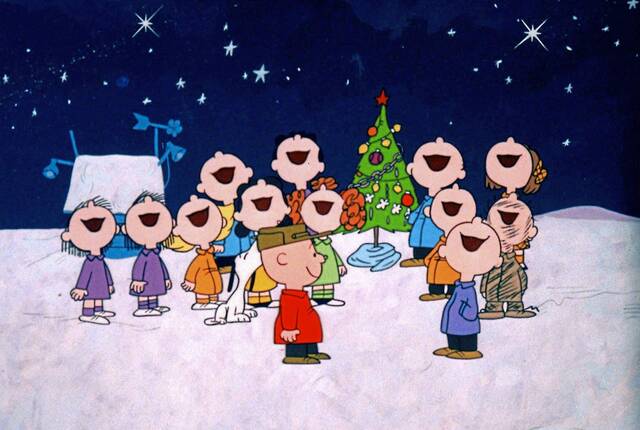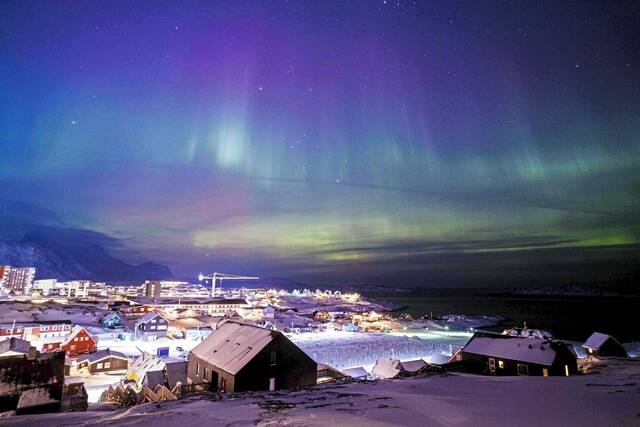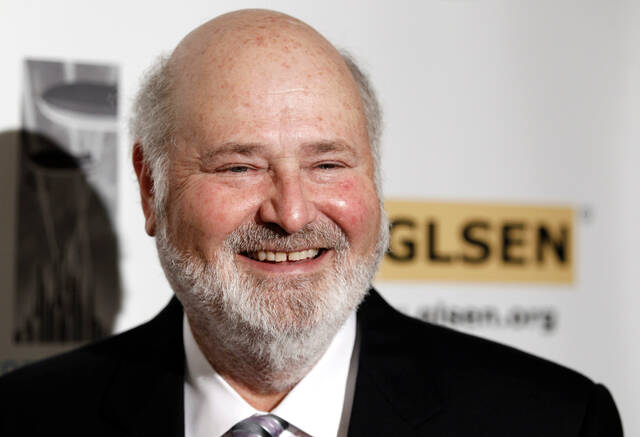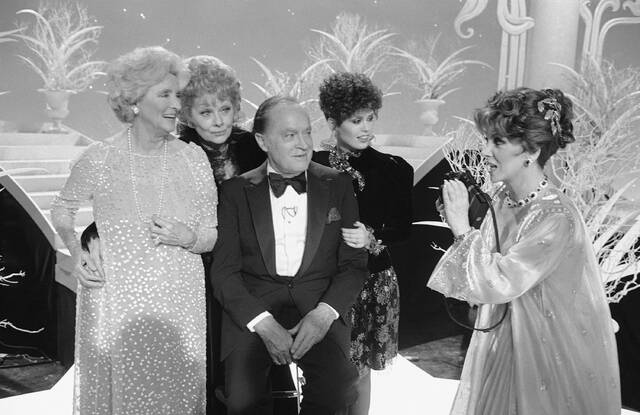Post-Christmas depression is a real thing. For many, it hits on Dec. 26. In fact, sadly, for much of our culture, Christmas is over on that day.
The ending can feel painfully abrupt. After weeks and months of buildup, starting around Thanksgiving, or even right after Halloween in our stores, it finally ends on Dec. 26. You notice on your radio. The joyful sound of Christmas tunes suddenly vanishes.
But if that depresses you, well, I have good news. A historical news flash, if you will. The culture is dead wrong. You need not be down in the dumps. The reality is that Christmas only just begins on Dec. 25. That day doesn’t signal the end, but the start. If you need a song to remind you, don’t croon “Blue Christmas” with Elvis, hum the “12 Days of Christmas.” Yeah, remember that one? It has the virtue of not merely catchy rhymes but historical accuracy.
Christmas is not day but a season. For most Western Christians, the season starts with Advent, reaches its glory on Dec. 25, and runs 12 days. Even Wikipedia gets it right: “Christmas is an annual festival commemorating the birth of Jesus Christ, observed primarily on December 25. … A feast central to the Christian liturgical year, it is preceded by the season of Advent or the Nativity Fast (which) in the West lasts 12 days.”
If Wikipedia gets it, right down to the “liturgical year,” can’t we?
Needless to say, this is another manifestation of our rising post-Christian culture. The number of Christians and people who believe in God generally continues to plummet. The sociologist Peter Berger once said that the two most religious countries are the United States and India. That’s falling fast. Hilaire Belloc once famously observed that “the faith is Europe and Europe is the faith.” Not anymore.
In the United States, the fastest-growing category recorded by pollsters asking about religious affiliation are the so-called “nones.”
It all adds up, doesn’t it?
A rising number of nones, atheists, secular people and people not educated about things religious equates to a rising number of individuals for whom Christmas is a purely secular holiday starting and ending Dec. 25. In turn, there’s a corresponding rise in people feeling depressed immediately after Christmas Day. Websites like PsychCentral and WebMD offer tips on coping with post-Christmas depression.
It need not be.
If I may end on a positive note of, yes, Christmas hope.
Recall the poignant closing scene in “A Charlie Brown Christmas.”
Charlie Brown laments that the holidays depress him. In anguish, he cries out, “Isn’t there anyone who knows what Christmas is all about?!”
Linus steps forward: “Sure, Charlie Brown, I can tell you what Christmas is all about.”
Linus recites the Nativity narrative from Luke’s Gospel: “Fear not! For, behold, I bring you tidings of great joy, which shall be to all my people. For unto you is born this day in the city of David a Savior, which is Christ, the Lord.”
Linus sums up: “That’s what Christmas is all about, Charlie Brown.”
You tell ‘em, Linus.
Merry Christmas, everyone. Fear not, and don’t be depressed. It’s just starting. And it’s true meaning should give you hope all year round.








